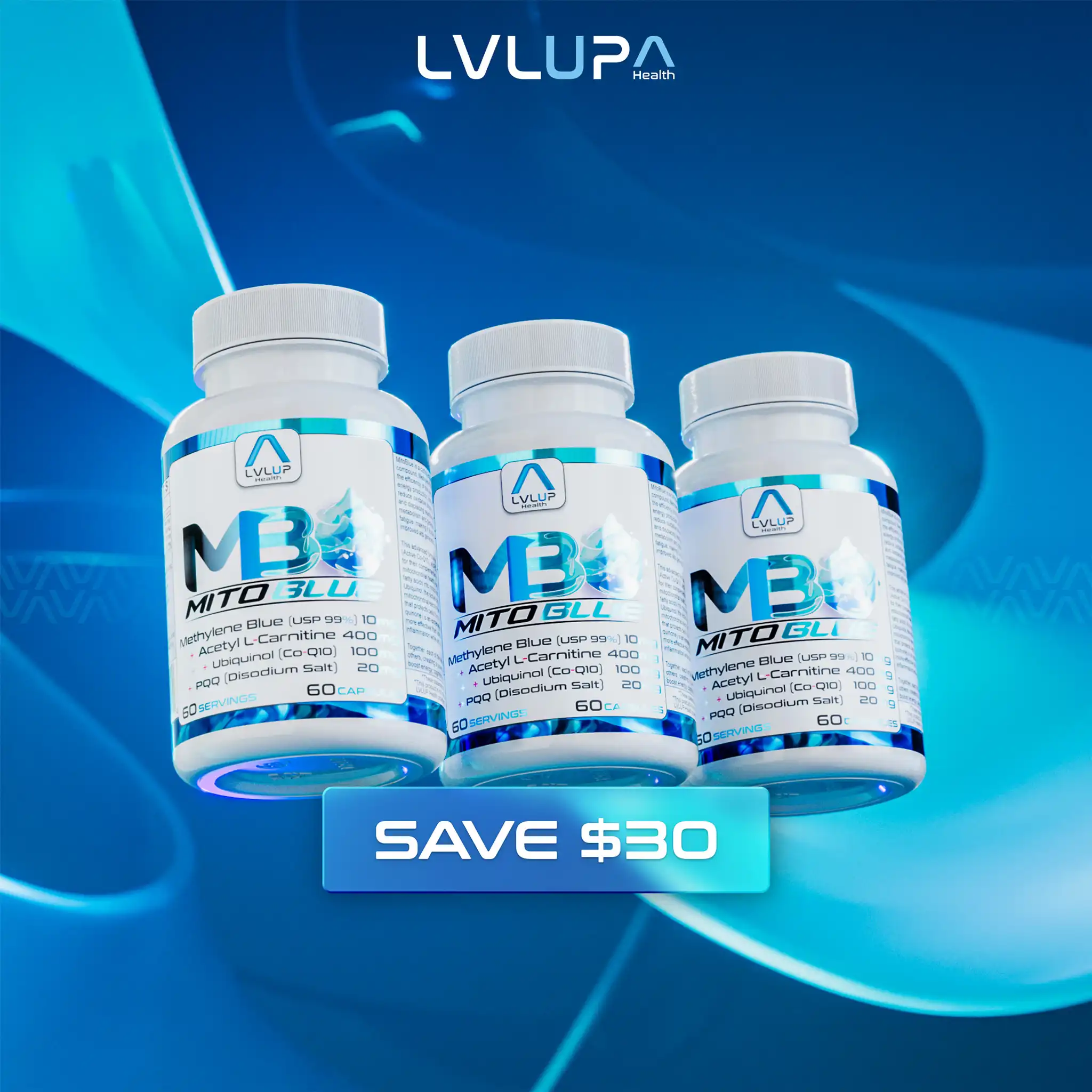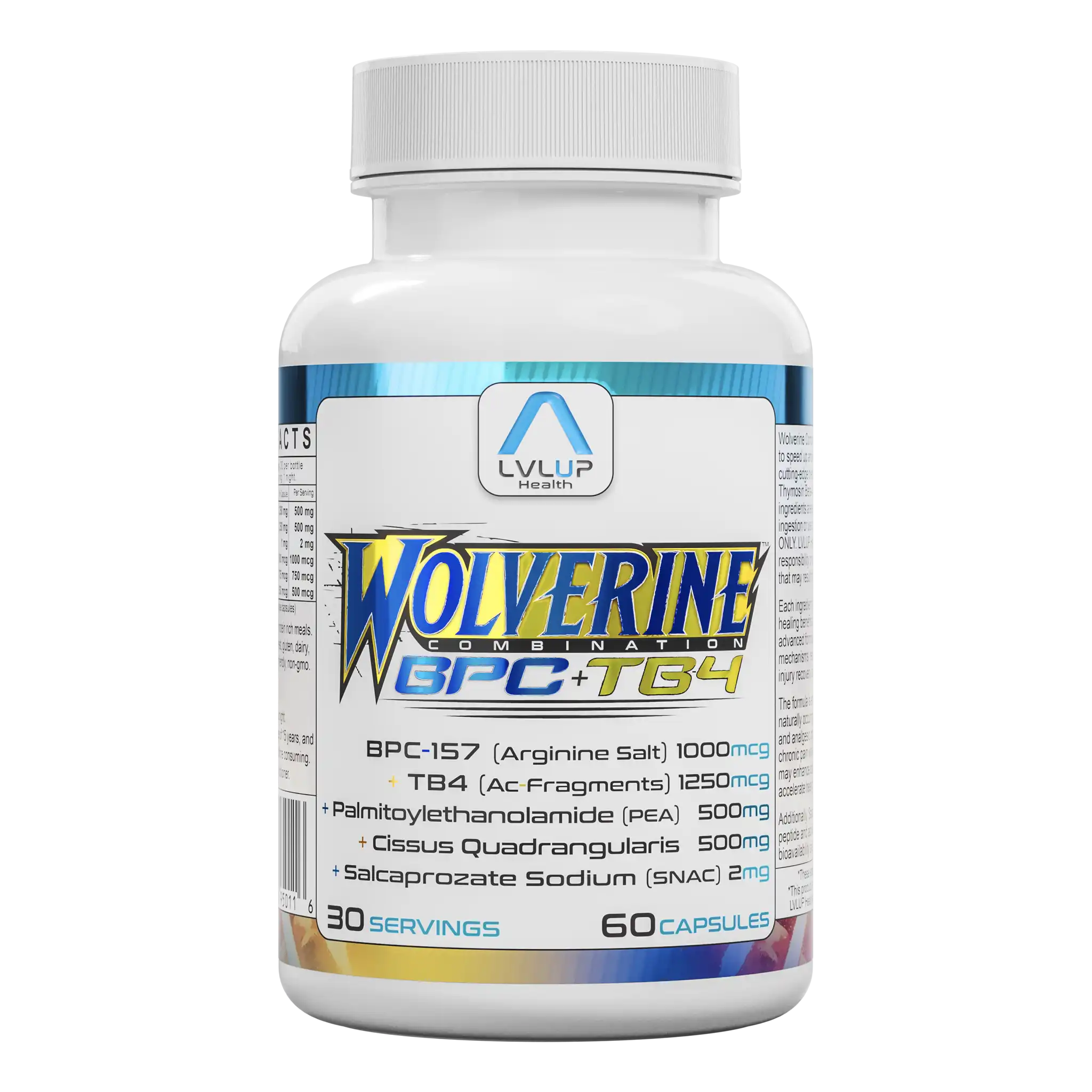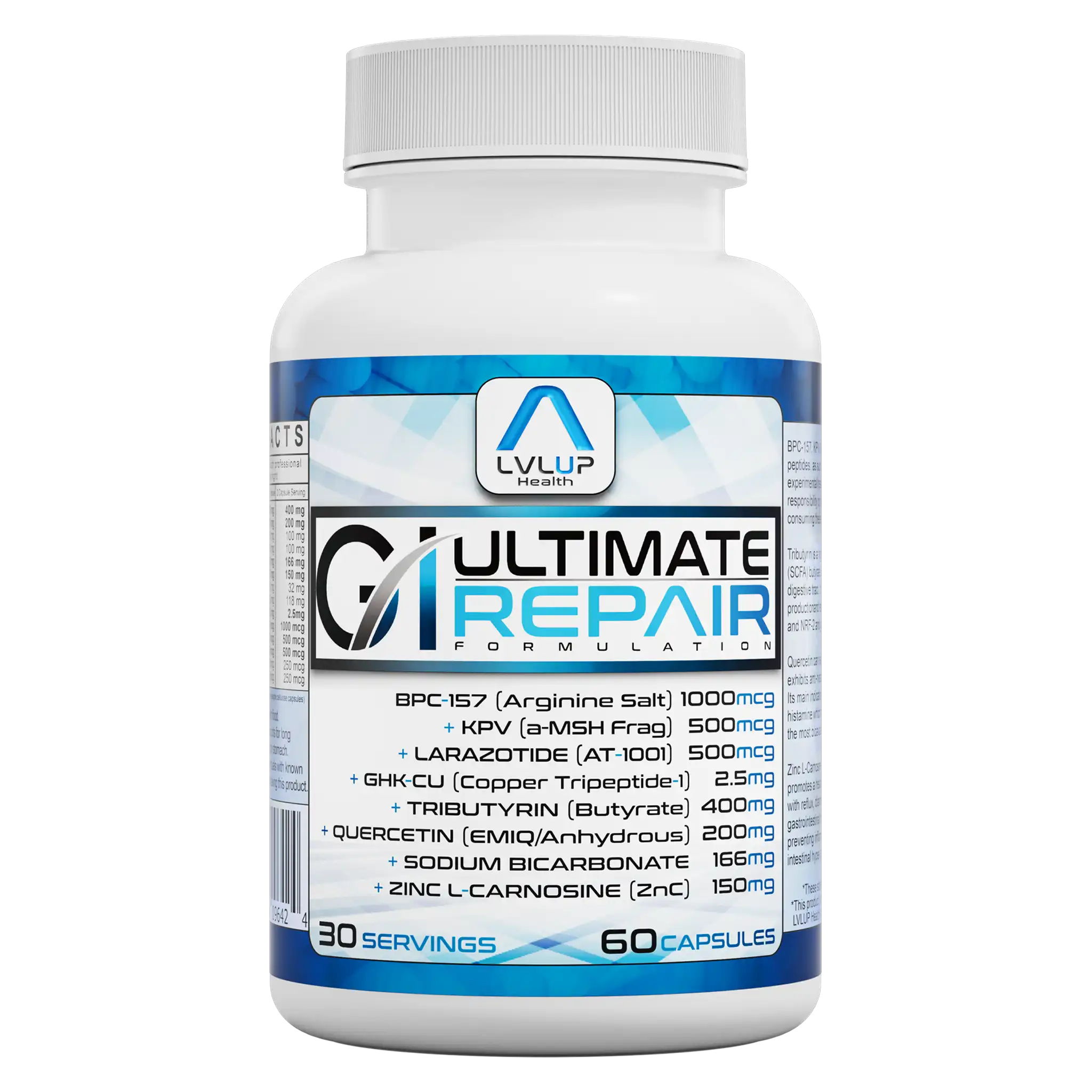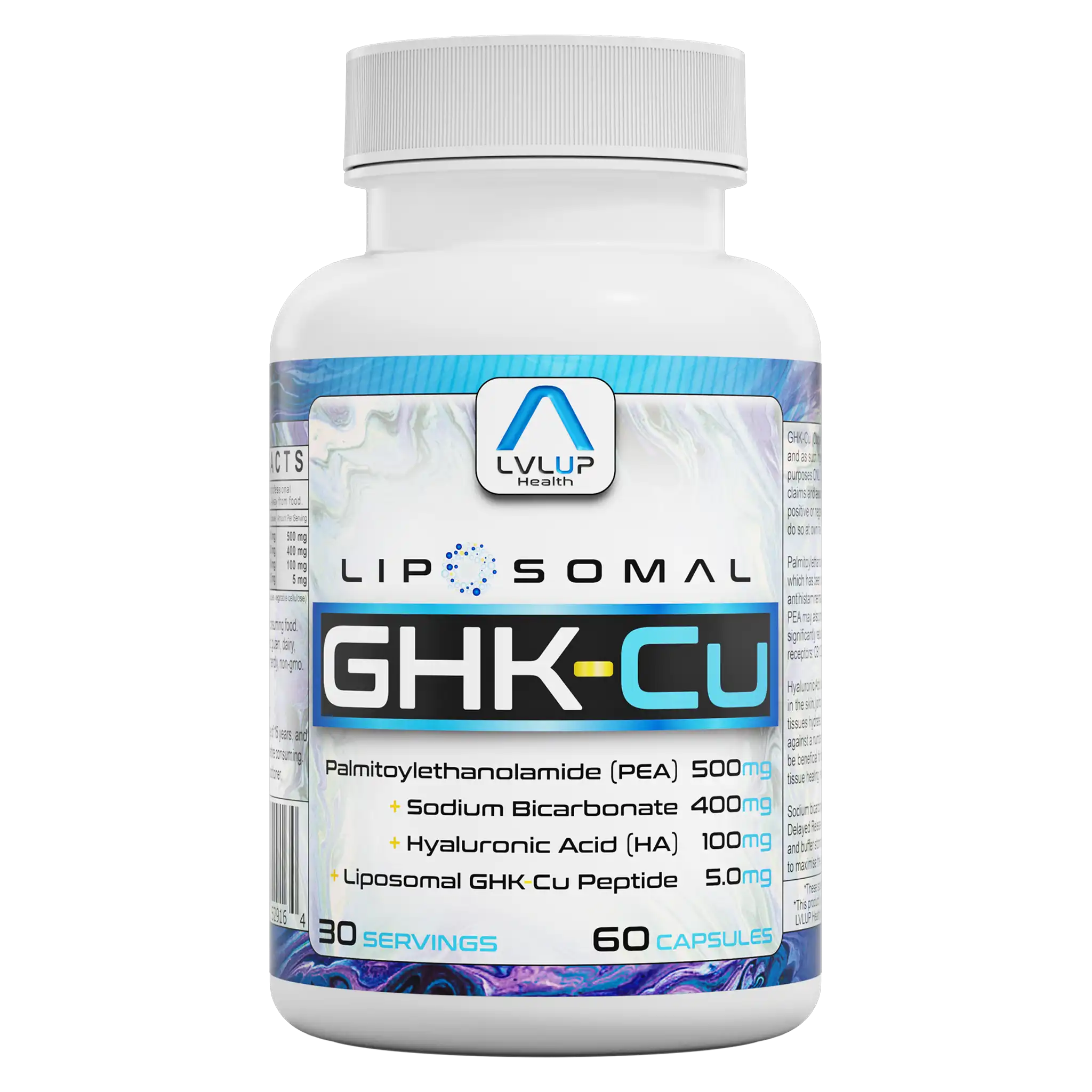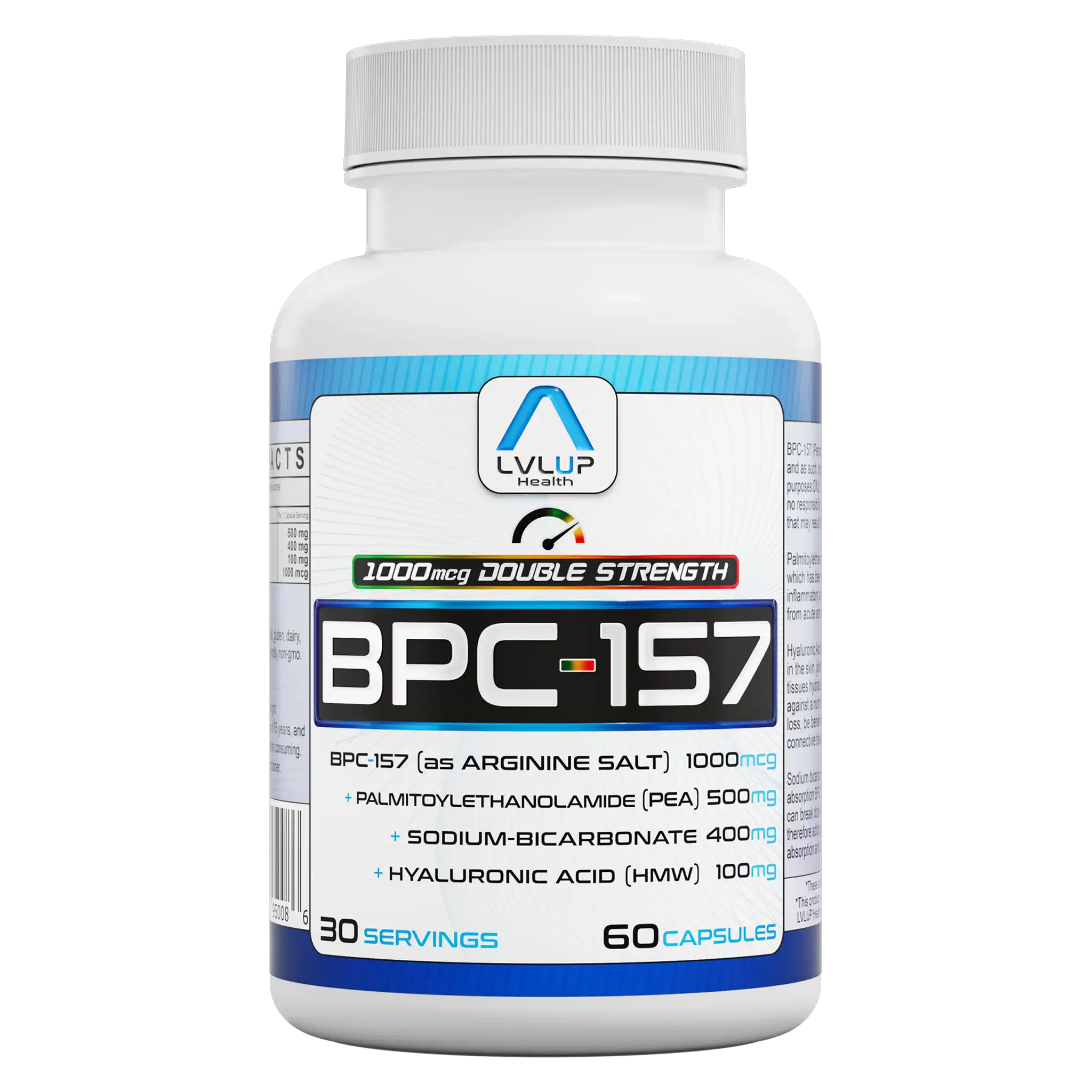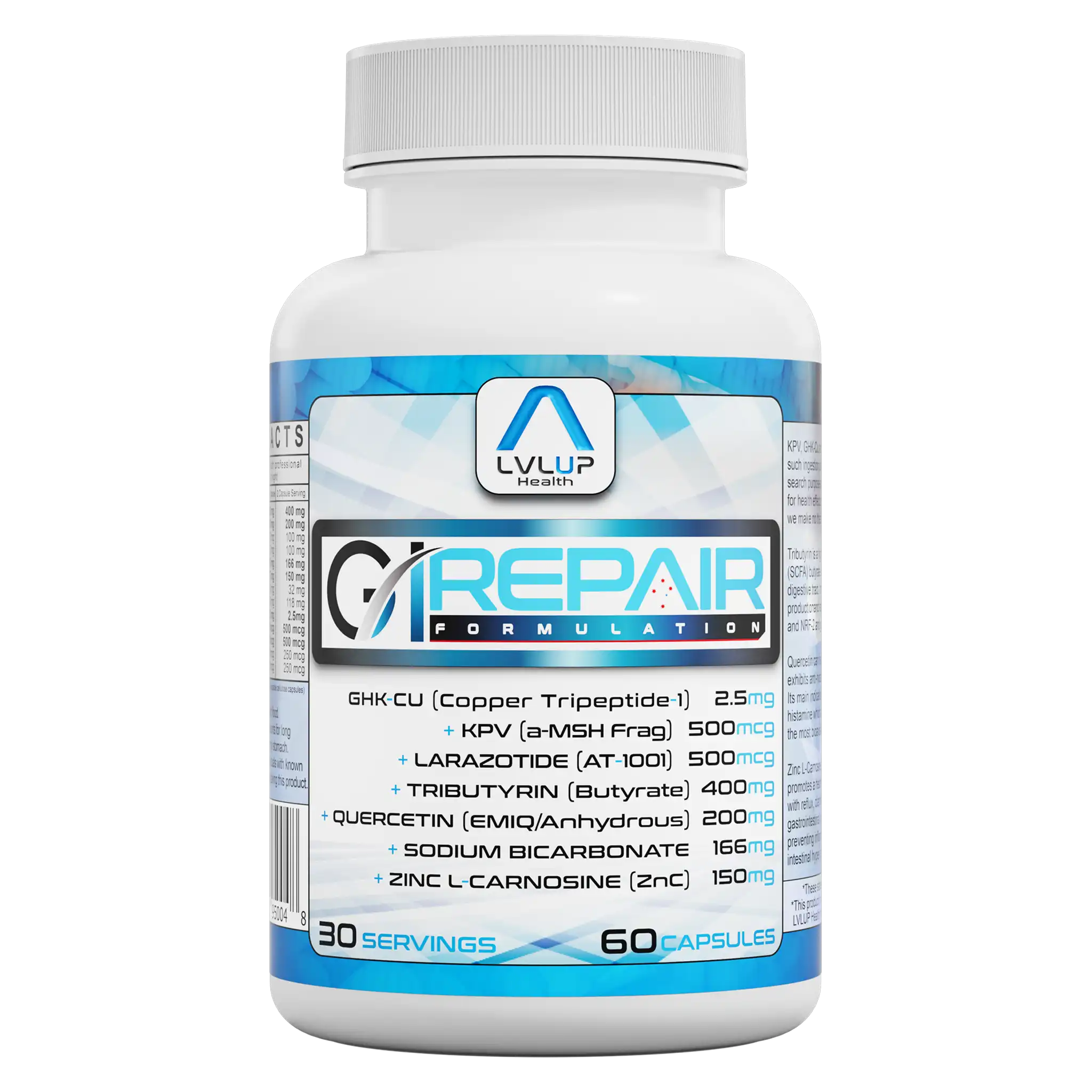GHK-Cu
About GHK-Cu
Understanding GHK-Cu’s Role
GHK-Cu, short for glycyl-L-histidyl-L-lysine copper, is a naturally occurring peptide that efficiently binds copper ions. Discovered in the 1970s, it’s found in small concentrations in human plasma and tissues, especially active during tissue stress or damage.
Activation of Repair Processes
This peptide stands out for activating the body’s repair mechanisms. It promotes collagen production and remodeling, which support firm skin and play a significant role in connective tissue stability, joint comfort, and recovery from wear-and-tear or injury.
Neurological Potential
There’s growing interest in GHK-Cu’s neurological potential. Early studies suggest it can influence neuronal growth and protect nerve cells under stress, drawing interest from those looking into recovery after neurological injuries or seeking support for cognitive function.
Inclusion in Supplements
In supplements, GHK-Cu is often part of targeted blends for deep tissue repair, like post-exercise recovery or products that maintain a healthy gut lining. Its copper-binding ability supports systemic micronutrient balance while initiating repair signaling inside cells.
Combination with Other Ingredients
GHK-Cu often works alongside peptides like BPC-Arginate and KPV in formulations such as Ultimate GI Repair, supporting gut lining integrity under stress and offering broader cellular benefits wherever quick recovery is needed.
Formulated With
Detailed Information
Mechanism of Action
GHK-Cu (glycyl‐L‐histidyl‐L‐lysine:copper(II) complex) exhibits high affinity for divalent copper ions via its amino-terminal tripeptide sequence, enabling targeted delivery of bioavailable copper to sites requiring tissue remodeling or repair. It is synthesized endogenously during injury or inflammation.
Genetic and Cellular Influence
GHK-Cu participates in transcriptional regulation by modulating gene expression associated with extracellular matrix generation (notably COL1A1/COL3A1), anti-inflammatory cytokines (such as IL-10), and metalloproteinase activity (MMP-2/9). In vitro, it stimulates keratinocyte and fibroblast proliferation while reducing reactive oxygen species through upregulation of antioxidant enzymes (SOD1/SOD3).
Neuroprotective Effects
Neuroprotective effects have been observed via suppression of TGF-β/IL-6 pathways and potentiation of synaptogenesis. However, systemic bioavailability post-oral administration remains under investigation due to rapid plasma clearance by albumin binding and renal filtration.
Applications and Formulations
Current applications employ both topical and parenteral routes. Integration into oral supplement matrices uses microencapsulation or peptide stabilization strategies to optimize gastrointestinal absorption.
